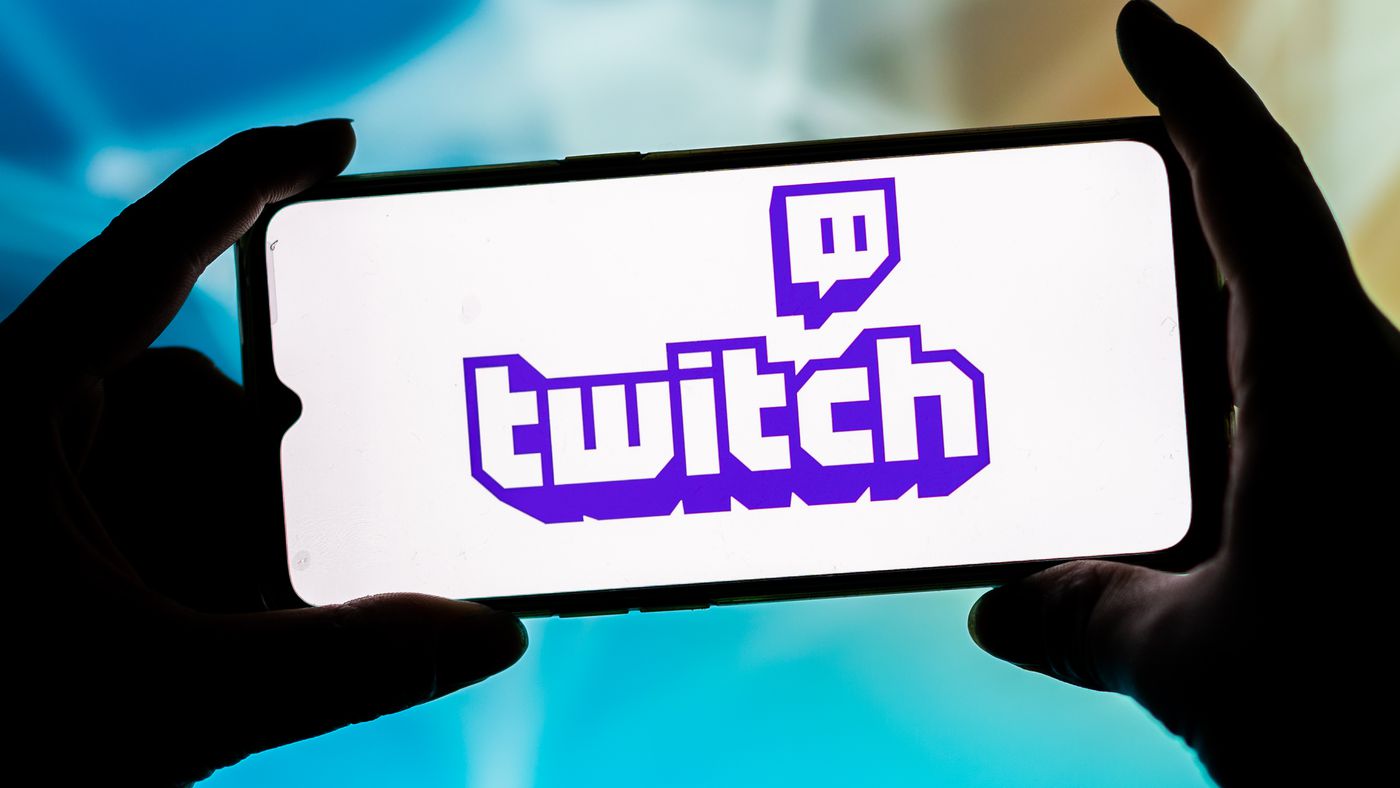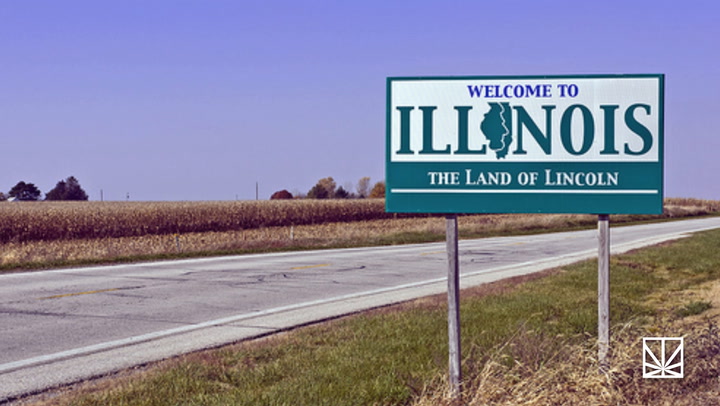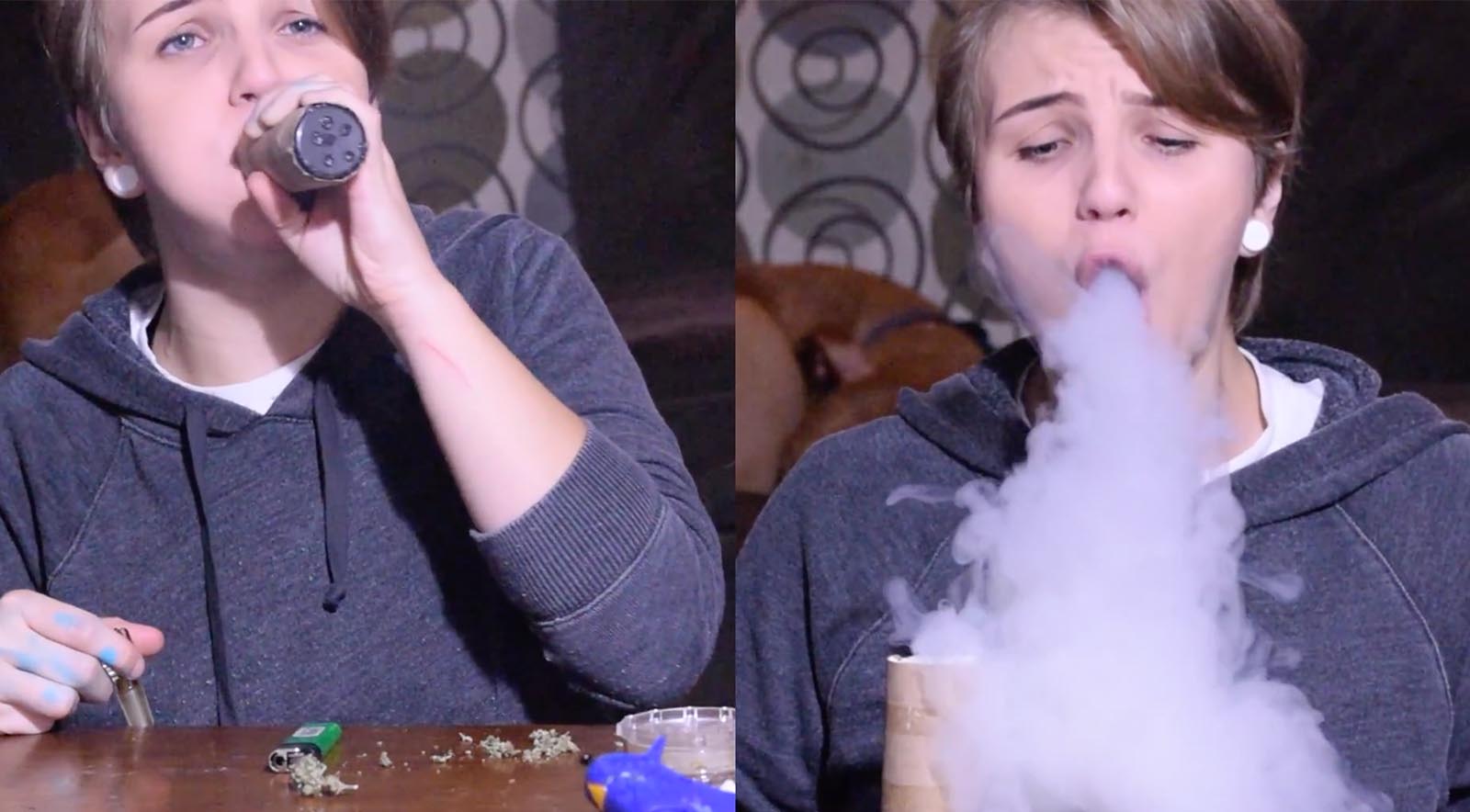Image via
At a time when censorship of cannabis-related content remains rampant, video game streaming service Twitch just announced a new username policy that bans references to all illegal drugs — except weed.
Last week, Twitch announced that it would start banning usernames that reference sexual acts, violence, hard drugs, or hate speech. The company’s updated username policy explicitly bans references to terrorism, violence, suicide, and slurs against any race, disability, sexual orientation, or gender. The company also intends to ban all references to pornography or sex in general, including bodily fluids, genitalia, sex acts or fetishes, STDs, or sexual-related trauma.
“In short, usernames really matter on Twitch,” the company explained. “They’re your textual avatar in chat and a crucial piece of channel branding for Creators. Usernames are searchable and have site-wide visibility. Given their usage across Twitch channels, we believe they must be held to a universal and higher standard than other places people express themselves — like chat, for instance.”
The new rules prohibit users from “explicitly referencing recreational drugs or psychoactive substances, such as peyote” or “explicitly referencing hard drugs, including cocaine or heroin” in their usernames. Names “overtly glorifying the abuse of prescription or harmful drugs, including practices such as inhalant abuse” are also off-limits. These restrictions do not apply to alcohol, tobacco, and marijuana, however.
Twitch already bans overtly offensive usernames that include threats of violence, racial slurs, or other hate speech, but the company is now using machine learning to automatically identify offensive names. New users will be blocked from creating prohibited usernames, and existing users with extremely offensive names will be banned from the site indefinitely. Users with existing names that reference sex or hard drugs have until March 1st to change their handles.
Twitch’s refreshing acceptance of weed-friendly names may stem from the fact that the company is owned by Amazon – one of the largest American companies to rethink pointless cannabis workplace policies. Last year, the retail megacorp stopped testing current or prospective employees for cannabis and encouraged its shipping partners to do the same. The company has even registered as a pro-cannabis lobbyist and advocated for federal pot legalization.
Tumblr also relaxed its anti-cannabis policies recently, and now allows companies to advertise state-legal cannabis and CBD products and paraphernalia. But outside of these few exceptions, most companies still adhere to tired War on Drugs-era pot policies.
Instagram and its parent company Facebook prohibit companies from advertising legal weed or even CBD products, and have also deleted or shadow-banned accounts that have anything to do with cannabis. And even though the NFL has stopped banning players for getting high, the football league still blocked weed companies from advertising during last weekend’s Super Bowl.











